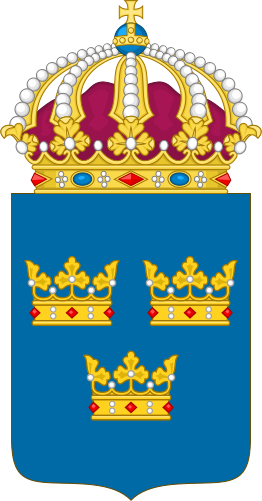Community / Land projects / Interpeace - Peacebuilding through reconciliation and inclusive governance - Peacebuilding through reconciliat
Interpeace - Peacebuilding through reconciliation and inclusive governance - Peacebuilding through reconciliat

€4127623.71
06/21 - 12/25
Active
This project is part of
Implementing Organisations
Donors
Data Providers
General
Interpeace has submitted a concept note to the Embassy of Sweden, that falls under objective three of the current Swedish strategy for cooperation with DRC (2021-2025) concerning Peaceful, inclusive and sustainable societies. It aims for the local, provincial and national authorities in DRC to lead, supervise, and facilitate inclusive peacebuilding processes and promote sustainably. The project will work on the recommendations from the EU-funded study carried out by Interpeace in 2020 in Kasai and Kasai Central to enhance horizontal (between citizens, communities and social groups) and vertical (between the latter and authorities, formal and informal, and at local, provincial and national level), through increased participation, communication, understanding, trust and collaboration. This is only possible if some policies can be improved and don't function as triggers or amplifiers of conflicts. Ongoing analysis will be put in place to reveal discriminatory and non-transparent facts and policies that are dividing factors at the community level and/or between communities and state institutions. To achieve this, Interpeace plans to build on government leadership and ownership to achieve results in a sustainable manner. The larger assumption is that peacebuilding efforts often fail to produce lasting results because they lack the support, involvement and backing of the highest levels of government. This has an impact on the confidence and commitment of stakeholders in peace processes. This means that identifying the reforms and decisions necessary to tackle the drivers of conflict cannot be negotiated. Thus, it is necessary to engage the DRC government in a coherent, constructive and innovative manner in order to contribute to effective governance for peace. Among the concerns that have remained unanswered for a long time are the issue of governance of the security and justice sectors, the securing of land rights by communities, equitable and sustainable access to spaces and natural resources for the promotion of economic development. and social, and the fight against corruption. The project will be implement in 4 provinces, namely Kasaï, Kasaï central, Mai-Ndombe and Kinshasa. It is important to point out that the violent conflict in Kasai and Kasai Central between 2016 and 2018 began with clashes between supporters of a customary chief and the police and then turned into generalized violence between communities, customary chiefs, authorities and law enforcement. The conflict in Yumbi was an intercommunity clash between the Banunu and Batende linked to customary power and land conflicts.
Objectives
The main goal of this project is to stimulate the will, capacity and relations of authorities at all levels to meet the complex challenges of peace in the provinces of Kasaï, Kasaï Central and Yumbi and even in all the DRC. This will set the preconditions for structural changes that must translate into new attitudes and practices of governance for peace. The project is based on an observation that in the current fragile situation - despite this kind of stability, where the interests of the people and the institutions don't match, it will be difficult to ensure the active participation of state actors to invest in participatory governance which is the main guarantee for sustainable peace. This project will focus on the Kasai and Yumbi region, in order to reduce violence in the communities to the state actors but also to support peacebuilding efforts relying on a conflict scan before undertaking any specific initiative in the communities. Through this option, research and analysis, combined with capacity building, will create the building blocks to change governance as a channel of peacebuilding in a more structural way. In addition, the present rulers of the DRC are focusing on the next elections in 2023. The opportunity should be offered to mobilize political actors around the culture of peace and to bring together the authorities, communities and civil society to lay the foundations for peaceful elections. The overall objective of the project is to contribute to strengthened inclusive peace governance by state actors and non-state actors in the DRC, particularly in Kasai, Kasai Central, Mai-Ndombe and at the national level. The specific objectives of this intervention are to: Outcome 1: Increased understanding of peace governance by government and non-government actors ;Outcome 2: Increased capacity for peacebuilding governance among government and non-government actors ;Outcome 3: Enhanced inclusive peace governance at the provincial level ;Outcome 4: Improved framework for peace governance at the national level ;



